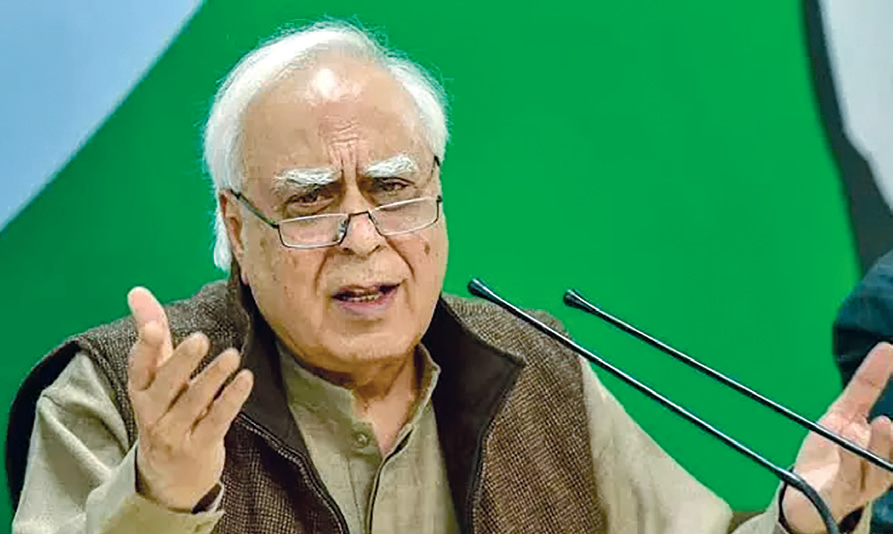
Message of ‘live and let live’: Sibal hails SC ruling on Section 6A of Citizenship Act
PTI New Delhi: Rajya Sabha MP Kapil Sibal on Friday hailed the Supreme Court upholding the constitutional validity of Section 6A of the Citizenship Act, saying it is a message to all that “live and let live” and conserve the culture of a multicultural and plural nation that India is. In a significant judgement, the Supreme Court on Thursday upheld the constitutional validity of Section 6A of the Citizenship Act which grants Indian citizenship to immigrants from Bangladesh who entered Assam before March 25, 1971. Chief Justice of India (CJI) D Y Chandrachud and Justices Surya Kant, M M Sundresh, and Manoj Misra further underscored the necessity for more robust policy measures to curb illegal immigration. In a post on X, Sibal said, “Citizenship Act, 1955, Section 6-A, upheld by Supreme Court. Message to all: ‘Live and let live’. Conserve the culture of a ‘multicultural and plural nation that India is’. “Bhakts listening? Bajrang Dal listening? Governments listening? Hope so!” Sibal said.
Section 6A was inserted in 1985 into the Citizenship Act of 1955 following the signing of the Assam accord between the then Rajiv Gandhi government at the Centre and the agitating groups led by Prafulla Mahanta, including All Assam Students Union in the state. The verdict is believed to give a boost to those opposed to grant of Indian citizenship to immigrants who entered Assam after March 25, 1971. According to the provision, all those who came to Assam on or after January 1, 1966, but before March 25, 1971, from Bangladesh at the time of commencement of the Citizenship (Amendment) Act, 1985, and since then are residents of Assam, can register for Indian citizenship. As a result, the provision fixes March 25, 1971, as the cut-off date for granting citizenship to migrants, particularly those from Bangladesh, residing in Assam. While the CJI, Justices Kant, Sundresh, and Misra upheld the constitutional validity of Section 6A, Justice J B Pardiwala dissented in a minority verdict.
 English daily published in Bengaluru & Doha
English daily published in Bengaluru & Doha






